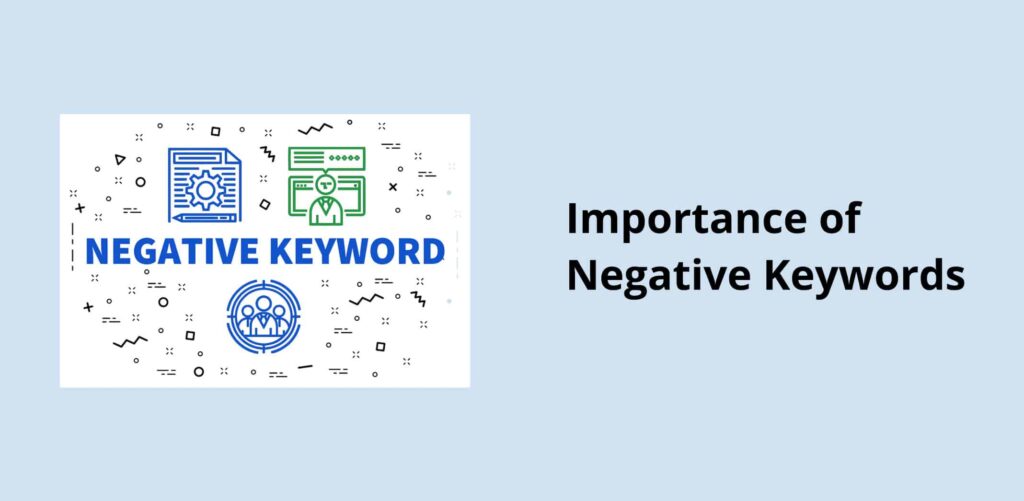Pay-Per-Click (PPC) advertising is a powerful tool for attracting potential customers and driving business growth. To maximize the effectiveness of your PPC campaigns, developing a robust keyword strategy is crucial. Keywords are the backbone of any PPC campaign, determining when and where your ads appear. This article explores essential keyword strategies for achieving PPC success in the moving industry.
1. Understanding the Importance of Keywords in PPC
Keywords in PPC advertising are the terms and phrases that trigger your ads when users search for related services. Selecting the right keywords ensures your ads reach the right audience, leading to higher click-through rates (CTR), conversions, and return on investment (ROI). For moving companies, the goal is to target potential customers actively searching for moving services.
2. Conduct Thorough Keyword Research
Keyword research is the foundation of any successful PPC campaign. Here’s how to conduct effective keyword research:
- Use Keyword Research Tools: Utilize tools like Google Keyword Planner, SEMrush, Ahrefs, and Moz to discover relevant keywords. These tools provide insights into search volume, competition, and keyword trends.
- Analyze Competitor Keywords: Examine the keywords your competitors are targeting. This can reveal opportunities and gaps in your keyword strategy.
- Focus on Long-Tail Keywords: Long-tail keywords are longer, more specific phrases that typically have lower competition and higher conversion rates. Examples include “affordable moving services in [city]” or “commercial movers near me.”
- Consider User Intent: Understand the intent behind the keywords. Are users looking for information, or are they ready to hire a moving company? Targeting keywords with commercial intent can lead to higher conversions.
3. Categorize Keywords by Intent
Categorizing keywords by intent helps you create targeted ad groups and tailor your ad copy to match user needs. Keywords generally fall into three categories:
- Informational Keywords: Users are seeking information. Examples include “how to pack for a move” or “moving tips and tricks.” While these may not directly lead to conversions, they can drive traffic and build brand awareness.
- Navigational Keywords: Users are looking for a specific website or brand. Examples include “ABC Movers website” or “XYZ Moving Company reviews.” These keywords are less common but can be valuable for brand recognition.
- Transactional Keywords: Users are ready to take action. Examples include “hire movers in [city]” or “get a moving quote.” These keywords have high commercial intent and are critical for driving conversions.
4. Utilize Negative Keywords

Negative keywords prevent your ads from appearing in irrelevant searches, saving your budget and improving campaign performance. For example, if you only offer local moving services, you might add “international” or “long-distance” as negative keywords to avoid unwanted clicks.
Steps to Identify Negative Keywords:
- Analyze Search Terms Report: Regularly review the search terms report in your PPC platform to identify irrelevant searches that triggered your ads.
- Use Negative Keyword Tools: Tools like Google’s Negative Keywords Tool can help identify common negative keywords in your industry.
- Continual Refinement: Continuously update your negative keyword list based on campaign performance and emerging trends.
5. Geo-Targeting Keywords
Geo-targeting is essential for moving companies that operate in specific locations. By including location-specific keywords, you ensure your ads reach users in your service area.
Strategies for Geo-Targeting:
- Location-Based Keywords: Incorporate city, state, or neighborhood names in your keywords. For example, “movers in Los Angeles” or “Brooklyn moving services.”
- Geo-Targeted Ad Groups: Create separate ad groups for different locations with tailored ad copy and landing pages.
- Radius Targeting: Use radius targeting to show ads to users within a certain distance from your business location.
6. Implementing Match Types
Keyword match types control how closely a user’s search query must match your keyword for your ad to be displayed. Understanding and utilizing different match types can optimize your campaign performance.
- Broad Match: Your ad appears for searches that include any variations of your keywords. This match type has the broadest reach but can result in irrelevant clicks.
- Broad Match Modifier: Your ad appears for searches that include the modified term or close variations, but not synonyms. This provides more control than broad match while maintaining a wide reach.
- Phrase Match: Your ad appears for searches that include the exact phrase or close variations. This match type balances reach and relevance.
- Exact Match: Your ad appears for searches that match the exact keyword or close variations. This match type offers the highest control and relevance but has the narrowest reach.
- Negative Match: Prevents your ad from appearing for specific search terms. Useful for excluding irrelevant searches.
7. Ad Group Segmentation
Segmenting your keywords into tightly themed ad groups allows for more relevant ad copy and landing pages, improving quality scores and campaign performance.
Steps for Effective Ad Group Segmentation:
- Group by Service Type: Create ad groups for different types of moving services, such as residential, commercial, or packing services.
- Group by Location: Segment keywords by geographic location to tailor ads and landing pages for local relevance.
- Group by User Intent: Separate ad groups based on informational, navigational, and transactional keywords to align ad copy with user intent.
8. Continuous Monitoring and Optimization
PPC campaigns require ongoing monitoring and optimization to maintain and improve performance. Regularly review your keyword performance and make adjustments as needed.
Key Optimization Strategies:
- A/B Testing: Continuously test different ad copies, landing pages, and keyword variations to determine what works best.
- Bid Adjustments: Adjust bids based on keyword performance, ensuring you invest more in high-performing keywords.
- Performance Analysis: Use analytics tools to track key metrics such as CTR, conversion rate, and ROI. Identify trends and adjust your strategy accordingly.
- Seasonal Adjustments: Adjust your keyword strategy based on seasonal trends in the moving industry. For example, increase focus on “summer movers” keywords during peak moving season.
Conclusion
Developing a robust keyword strategy is essential for PPC success in the moving industry. By conducting thorough keyword research, categorizing keywords by intent, utilizing negative keywords, geo-targeting, implementing appropriate match types, segmenting ad groups, and continuously monitoring and optimizing your campaigns, you can ensure your PPC ads reach the right audience, drive high-quality traffic, and maximize your return on investment. As the moving industry continues to evolve, staying agile and adapting your keyword strategy will keep your PPC campaigns effective and competitive.
Ready to have a custom plan made for your moving business to get leads coming straight to you? Click here to reach out for more information.

Leave a Reply